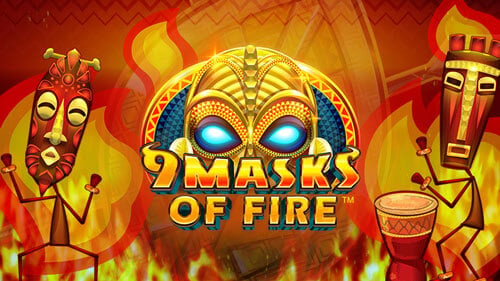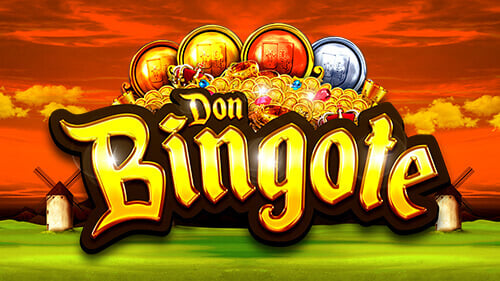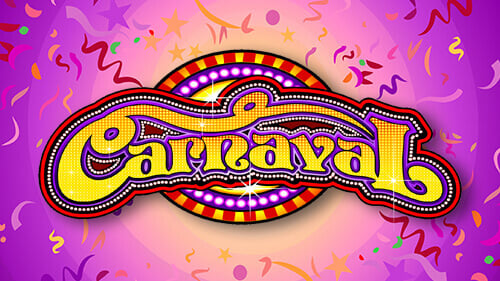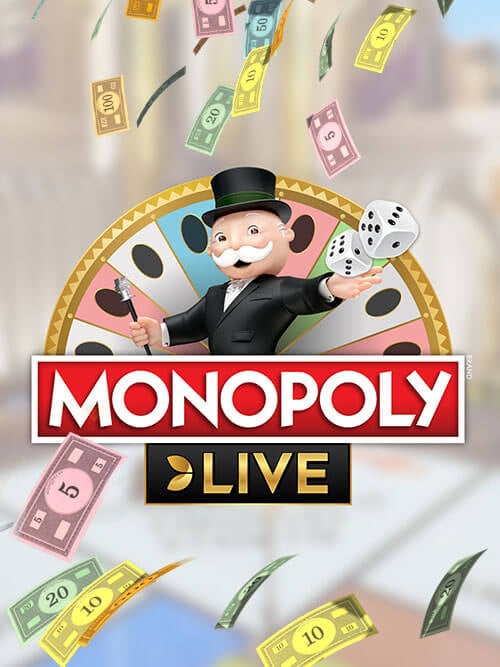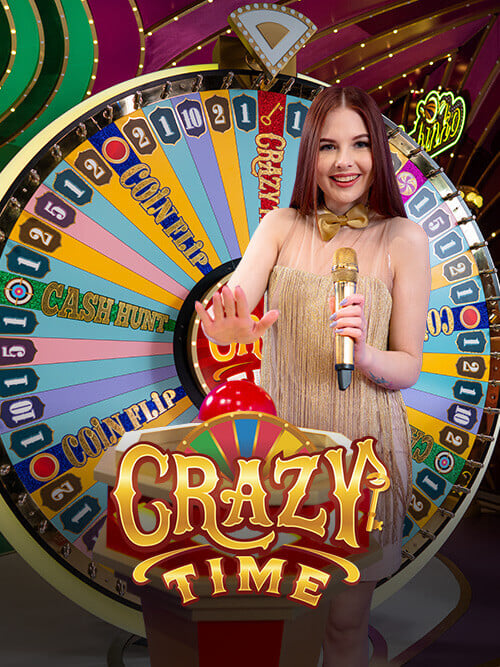Royal Vegas Online Casino
Welcome to Royal Vegas, where we take pleasure in providing a safe, secure environment for our players to enjoy a broad range of premium online casino games. Royal Vegas has been entertaining gamers for more than 20 years, and we know a thing or two about what a VIP online casino experience is all about. Just ask our loyal players! Our gaming development partners are the best in the world, so you’ll find just the right kind of casino games to keep you entertained, without question. Expect to discover the very latest online slot machines, casino table games, progressive jackpots and live casino games, in both desktop and mobile casino versions. If you have an Android or iOS device, our cutting-edge casino app launches games directly from your screen. Trusted payment methods, state-of-the-art security and top player perks seal the experience.
Over 700 games to choose from
At Royal Vegas, more than 700 of the very best online casino games are just a click away – or, if you’re a mobile casino enthusiast, in the palm of your hand! Microgaming is the provider behind our online slots and casino table games, which is a quality assurance all on its own. Microgaming has been developing online casino software since 1994 and setting the bar for quality, entertainment and innovation ever since. Our software infrastructure is also powered by Microgaming which provides for stable gameplay that you can rely on. Microgaming is joined on the live casino side by Evolution Gaming, whose live dealer games can fairly be said to be better than the real thing.
Online slots
Slot machines are the bedrock of any online casino experience worth speaking of, and you’ll be happy to know that we have slots galore here at Royal Vegas Casino. You name it, you’ll find it, whether you’re looking for classic slots with their cherries, bells, BARs and triple 7s or the light-hearted groove of our funky fruit slots. Enjoy arcade-style adventure with slots like Incan Adventure or Gold Factory Allow yourself to be blown away by the next-level graphics, sounds and game engines on video slots such as Wacky Panda, Thunderstruck II and Ancient Fortunes: Zeus. Our progressive slots like Mega Moolah Progressive, with its famous Jackpot Wheel. Whichever theme you can imagine, there’s likely to be a corresponding online slot game here at Royal Vegas.
A reliable, secure online casino
Player safety and fair play are top priority here at Royal Vegas, and we’ve got the credentials to back that up. At Royal Vegas, we promote responsible gaming, with a number of useful tools. Players can test themselves online, set deposit limits, self-impose time-outs and even exclude themselves from the casino.




